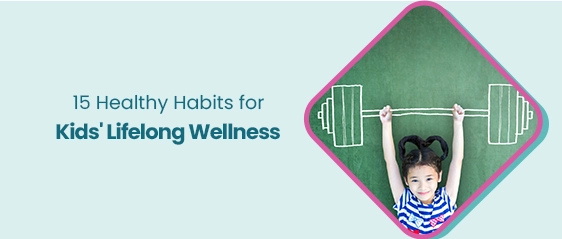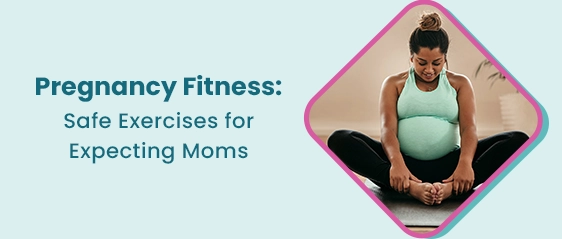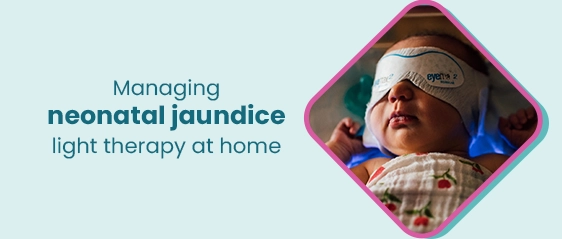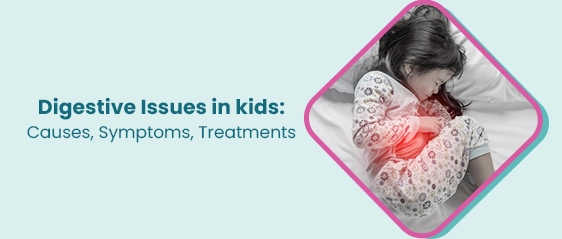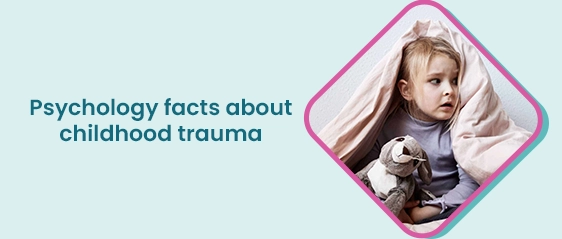
Psychology facts about childhood trauma
- 14 Aug 2023
Childhood is usually thought of as a time when kids are happy, learn new things, and have fun. But for some people, it can be tough and leave long-lasting emotional scars. Childhood trauma is when something bad happens to a kid, and it can make them feel really hurt inside. This hurt can stay with them as they grow up, affecting how they feel and act. In this blog, we're going to talk about childhood trauma and key psychological facts that help us understand how it can affect.
The Far-Reaching Impact of Childhood Trauma
Bad things that happen when you're a kid can stay with you as you grow up. People who went through tough times in their early years might find it hard to make good relationships, handle their feelings, and deal with stress. This can lead to feeling really worried, sad, and even having problems with their body.
The Role of Adverse Childhood Experiences (ACEs)
Adverse Childhood Experiences (ACEs) encompass a range of traumatic events such as abuse, neglect, household dysfunction, and witnessing violence. Research indicates a strong correlation between the number of ACEs a person has experienced and their likelihood of encountering mental health challenges later in life.
The Developing Brain's Vulnerability
The brain undergoes significant development during childhood, rendering it highly sensitive to external experiences. Traumatic events during this period can alter brain structure and function, affecting areas responsible for emotional regulation, memory, and stress responses.
Trauma's Influence on Behavior
Childhood trauma can mold behavior patterns. Individuals who have experienced trauma might exhibit hypervigilance, aggression, withdrawal, or emotional dysregulation. These behaviors often serve as adaptive responses to previous threatening situations.
Emotional Dysregulation and Coping Mechanisms
Kids who've been through tough times sometimes find ways to deal with their feelings that aren't healthy, like using drugs or hurting themselves. They do this to try and handle the strong feelings that come from what happened to them before.
The Vicious Cycle of Reenactment
Some individuals unconsciously recreate situations that mirror their childhood traumas. This reenactment phenomenon often stems from an innate desire to gain mastery over the traumatic experience and achieve a different outcome.
Impact on Relationships
Childhood trauma can deeply influence interpersonal dynamics. Trust issues, difficulty forming attachments, and fear of abandonment can make it challenging to establish and maintain healthy relationships.
Resilience and Post-Traumatic Growth
While trauma's effects are profound, resilience and post-traumatic growth are possible outcomes. Many survivors learn to harness their experiences to foster personal growth, find purpose, and develop a profound sense of empathy.
Breaking the Silence
Discussing childhood trauma remains challenging due to the stigma surrounding mental health. However, openly addressing the topic and seeking professional help are crucial steps toward healing.
The Vital Role of Therapy
Therapeutic interventions, particularly trauma-focused therapies like Cognitive Behavioral Therapy (CBT) and Eye Movement Desensitization and Reprocessing (EMDR), play a pivotal role in helping survivors process their experiences, reframe distorted beliefs, and develop healthier coping mechanisms.
Childhood is often seen as a happy time, but for some, it can bring tough experiences that leave lasting scars. Childhood trauma happens when bad things occur during this time, affecting how a person feels and acts as they grow up. This blog has given us important facts about childhood trauma, like how it can make it hard to handle emotions and relationships. Trauma during childhood can change the brain and lead to behaviors like being anxious or angry. Some people cope by hurting themselves or using drugs.
But there's hope. People can become strong and caring, using their past to grow. It's tough to talk about trauma, but it's important for healing. Therapies like CBT and EMDR are useful for healing. If you're looking for the best child psychology doctor or a good pediatric hospital, make sure they understand childhood trauma and can help. Remember, healing is a journey, and seeking help makes a big difference.
Frequently Asked Questions
1.What is the root of childhood trauma?
Childhood trauma often stems from experiences like abuse, neglect, violence, loss of a loved one, or witnessing distressing events. These experiences can create emotional wounds that impact a person's well-being into adulthood.
2.Why is childhood trauma so painful?
Childhood trauma affects the developing brain, emotional regulation, and coping mechanisms. Painful memories and emotions can resurface, making it challenging to handle stress and relationships effectively.
3.What are the top 5 childhood traumas?
The top childhood traumas include physical abuse, sexual abuse, emotional abuse, neglect, and witnessing domestic violence or other traumatic events.
4.At what age is trauma most impactful?
Trauma experienced at a younger age can have a profound impact due to the developing brain's sensitivity. However, trauma can affect individuals of all ages.
5.What are hidden signs of trauma?
Hidden signs of trauma may include difficulty forming relationships, self-destructive behavior, intense fear, emotional numbness, or dissociation during triggering situations.
6.What are the behaviors of a traumatized child?
A traumatized child might exhibit behaviors such as aggression, withdrawal, emotional outbursts, difficulty concentrating, changes in appetite or sleep patterns, or regression to earlier developmental stages.
7.What mental illness is caused by childhood trauma?
Childhood trauma can contribute to mental health conditions like depression, anxiety disorders, post-traumatic stress disorder (PTSD), borderline personality disorder, and substance abuse issues.
8.What's the most traumatic thing that can happen to a child?
Different experiences affect children differently, and it's hard to determine the "most" traumatic event. Severe abuse, loss of a parent, or being a witness to violence can be particularly traumatic.
9.What happens if trauma is left untreated?
Untreated trauma can lead to long-term mental, emotional, and physical health challenges, including chronic anxiety, depression, substance abuse, relationship difficulties, and even physical illnesses.
10.What is silent trauma?
Silent trauma refers to unexpressed emotional pain resulting from traumatic experiences that individuals keep hidden, often due to shame, fear, or a lack of understanding about their feelings.
11.How do you fix childhood trauma?
Healing from childhood trauma involves seeking professional help, such as therapy and counseling. Trauma-focused therapies, support groups, and developing healthy coping strategies are essential steps toward recovery.
12.How do you identify childhood trauma in adults?
Figuring out if grown-ups went through tough stuff when they were kids means looking for signs like feeling scared for no reason, feeling sad all the time, having trouble making friends, bad dreams, feeling like nothing matters, and remembering bad things from the past. Talking to someone who knows about feelings and minds, like a mental health expert, can really help.
